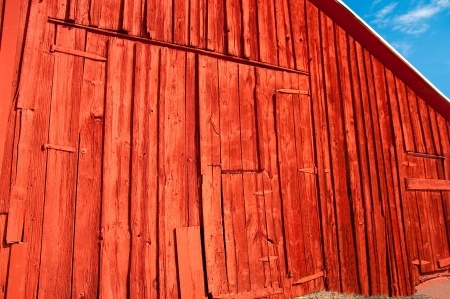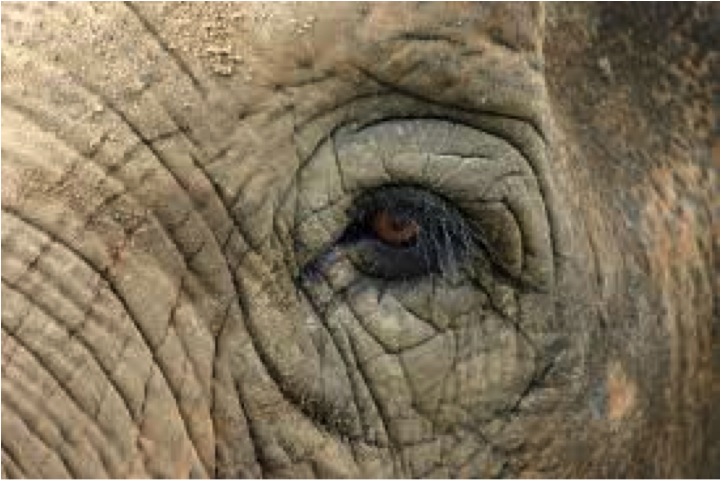 In the aftermath of the Ebola epidemic, the media is asking what led to the containment of an outbreak that ultimately killed over 4,000 Liberians. As headlines captivated the world over the past summer, Liberian officials struggled to respond to the growing crisis, and the U.S. government is now being viewed as ultimately ineffectual for spending the lions’ share of $1.4 billion on a network of clinics that now lie empty.
In the aftermath of the Ebola epidemic, the media is asking what led to the containment of an outbreak that ultimately killed over 4,000 Liberians. As headlines captivated the world over the past summer, Liberian officials struggled to respond to the growing crisis, and the U.S. government is now being viewed as ultimately ineffectual for spending the lions’ share of $1.4 billion on a network of clinics that now lie empty.
While the debate over exactly how the epidemic was contained continues, a particularly promising side of the story is the role that local Liberian communities played in containing the spread of the disease. Continue reading “Elevating Community Capacity”





